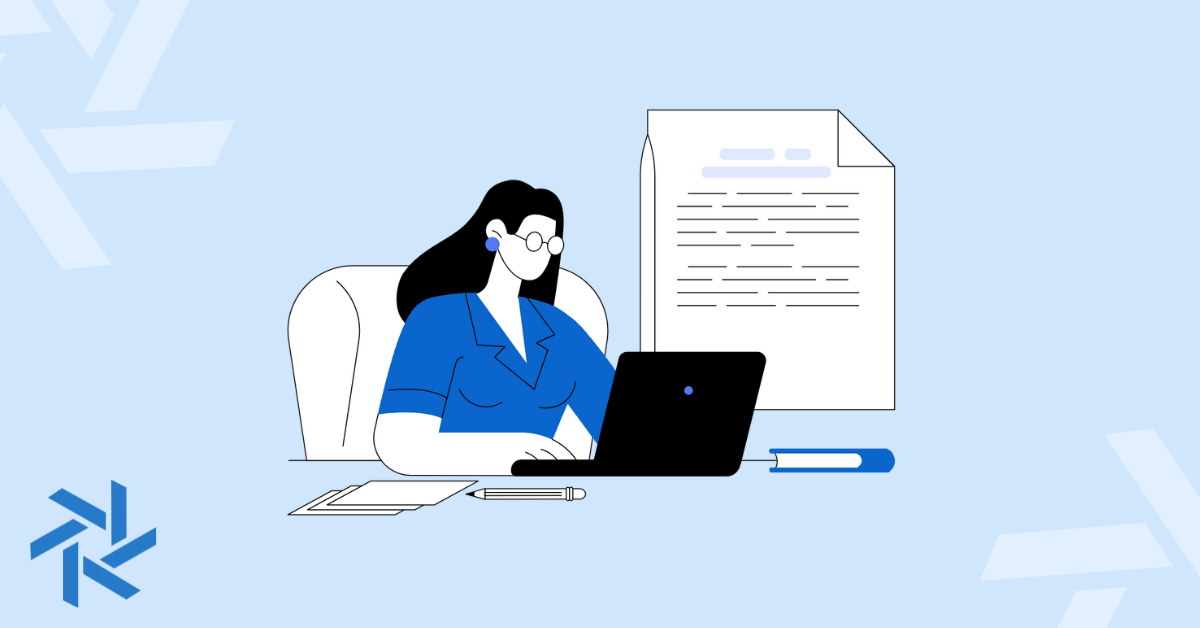10 Good Reasons to Call Off Work

Calling off work can feel stressful, especially when the unexpected strikes or when you’re worried about how it’ll be perceived by management. However, there are valid reasons for needing time off, and it’s critical to approach the situation professionally and with respect for workplace policies.
This guide will explore 10 good reasons to call off work, tips on how to notify your boss, and some FAQs to make the process seamless.
10 Good Reasons to Call Off Work
1. You’re Too Sick to Work
Feeling under the weather? Whether it’s the flu, food poisoning, or a severe migraine, working while sick usually does more harm than good.
It impacts your productivity, risks spreading illness to colleagues, and delays your recovery. Resting at home benefits both you and your team.
What to say:
Hi [Boss or Manager's Name], I wanted to let you know that I’m not feeling well today and won’t be able to make it to work. I’ll rest and monitor my symptoms, and I’ll keep you updated if I need additional time off. Please let me know if you need anything from me in the meantime.
2. A Family Emergency Requires Your Attention
An unforeseen family emergency, such as a loved one’s hospitalization, childcare issues, or a relative in crisis, is a valid reason to prioritize your personal responsibilities over work for the day.
What to say:
Good morning [Boss or Manager's Name], I wanted to inform you that a family emergency has come up, and I’ll need to take the day off to address it. I’ll do my best to ensure any urgent tasks are managed and can provide updates on my availability as soon as possible. Thank you for your understanding.
3. The Loss of a Loved One
The loss of a family member or close friend is both an emotional and logistical challenge. It’s okay to take time off to arrange or attend funeral services and to process your grief.
What to say:
Hi [Boss or Manager's Name], I wanted to share the sad news that I’ve lost a loved one. I’ll need to take today off to process this and manage a few matters. Please let me know if you need any additional information or if I should coordinate the handover of any tasks. I’ll keep you updated if this will impact my availability further. Thank you for your support and understanding.
4. A Last-Minute Doctor’s Appointment
Sometimes, last-minute openings at medical facilities become available, or an urgent health condition requires immediate attention.
Securing an appointment, especially with a specialist, often justifies taking a day off.
What to say:
Hi [Boss or Manager’s Name], I’ve had a last-minute doctor’s appointment come up due to [mention a brief reason if you’re comfortable, e.g., needing to address an ongoing health concern]. I apologize for the short notice and appreciate your understanding. I’ll make sure to catch up on anything I miss and will be available again as soon as possible.
5. Lack of Childcare
If your babysitter cancels unexpectedly or school has an unplanned closure, it’s important to be available for your children. Even remote workers may find it impossible to juggle work responsibilities alongside childcare.
What to say:
Good morning [Boss or Manager's Name], I’m reaching out to inform you that I’m unable to secure childcare for today and will need to stay home to care for my child(ren). I apologize for the short notice and the inconvenience this may cause. I’ll do my best to manage any urgent tasks remotely, if possible. Thank you for your understanding.
6. Car Trouble or Commute Issues
A flat tire, accident, or broken-down car can disrupt your plans. When reliable transportation is unavailable, taking a personal day is often the safest and most practical solution.
What to say:
Good morning [Boss or Manager's Name], I wanted to inform you that my car broke down this morning, and I’m unable to get to work as planned. I’m working on arranging alternative transportation but may need to take the day off if I’m unable to resolve this quickly. I apologize for the inconvenience and will keep you updated. Thank you for your understanding.
7. Mental Health Day
Burnout and stress can significantly affect your performance and well-being. Taking a mental health day to reset, rest, or even seek therapy is a proactive and important choice deserving of acknowledgment.
What to say:
Good morning [Boss or Manager's Name], I wanted to be upfront and share that I’m feeling mentally overwhelmed and need to take a day to reset. I’ll use this time to recharge and ensure I’m in the best place to perform my duties moving forward. Thank you for your support—I’ll follow up on anything pressing when I return.
8. Severe Weather Conditions
Hurricanes, snowstorms, or icy roads can make traveling to work unsafe. If weather conditions pose a significant risk, staying home is the better choice.
What to say:
Good morning [Boss or Manager's Name], I’m reaching out to let you know that the weather in my area has created hazardous conditions, and I won’t be able to make it to work today. I’ll ensure that any critical tasks are addressed remotely if possible. Thank you for understanding—I’ll keep you updated on my availability over the next day or so as conditions evolve.
9. Jury Duty
Jury duty isn’t optional and is a legal obligation. Notify your manager as soon as you receive the summons and provide the necessary documentation for the days you’ll need off.
Most employers understand and support this civic responsibility.
What to say:
Good morning [Boss or Manager's Name], I wanted to let you know that I’ve been summoned for jury duty starting on [date]. Attendance is mandatory, and I’ll need to take this time to fulfill my civic obligation. I’ll ensure that all critical tasks are handled before my absence and keep you updated throughout the process. Thank you for your support and understanding!
10. Household Emergency
Burst pipes, power outages, or home invasions are emergencies that demand immediate attention. Handling such situations promptly helps mitigate long-term damages or difficulties.
What to say:
Hi [Boss or Manager's Name], I’m facing an urgent issue at home with a burst pipe that needs immediate repair. I’ll need to take today off to handle it. I’ll catch up on anything important as soon as possible. Thank you for being supportive.
How to Call Off Work Like a Professional
The key to taking a day off is clear, respectful communication.
Here’s how you can handle it professionally while maintaining a good relationship with your employer.
1. Notify Your Boss as Soon as Possible
Provide notice as early as possible, even if that means sending an email or text in the middle of the night if needed. Early notice helps your manager and team prepare for your absence.
2. Keep It Simple and Honest
When explaining your reason, avoid unnecessary details.
For example, “I’m feeling under the weather and need to take a sick day” is clear and professional without oversharing.
3. Keep Your Boss Updated
If your situation changes or you need extra time off, notify your boss right away. Likewise, keep them informed about when you’re ready to return to work.
4. Follow Company Policy
Each workplace has its own policies for absences. Familiarize yourself with your employee handbook to understand expectations around sick leave, unplanned absences, or doctor’s appointments.
5. Express Gratitude
Acknowledge your manager’s understanding. A simple “Thank you for accommodating this” goes a long way in showing appreciation and professionalism.
FAQ
What are some good reasons to call off work last minute?
Good last-minute reasons include illnesses, family emergencies, car trouble, severe weather, or unexpected childcare challenges.
Emergencies happen, and most managers understand that they’re unavoidable.
Do I need to provide proof for calling off work?
This depends on company policy. Certain instances, like jury duty or extended illness, may require medical notes or formal proof.
How can I maintain trust with my employer when calling off work?
Be upfront, respectful, and professional. Follow proper procedures, communicate early, and ensure tasks are covered or rescheduled. Transparency and accountability build trust.
Can I take a mental health day without revealing personal details?
Yes. You’re not obligated to share personal information. A simple explanation like “I’m not feeling 100% today and need to take the day off to recharge” is sufficient.
When You Need to Step Away, Do It the Right Way
Taking a day off work isn’t just about meeting your personal needs; it’s also about ensuring you return to work focused, productive, and ready to tackle responsibilities.
By communicating clearly and following the tips outlined here, you can take necessary time off guilt-free while preserving trust with your team.
Remember, taking care of yourself ultimately makes you a better, more engaged employee. When in doubt, prioritize your well-being without hesitation.







